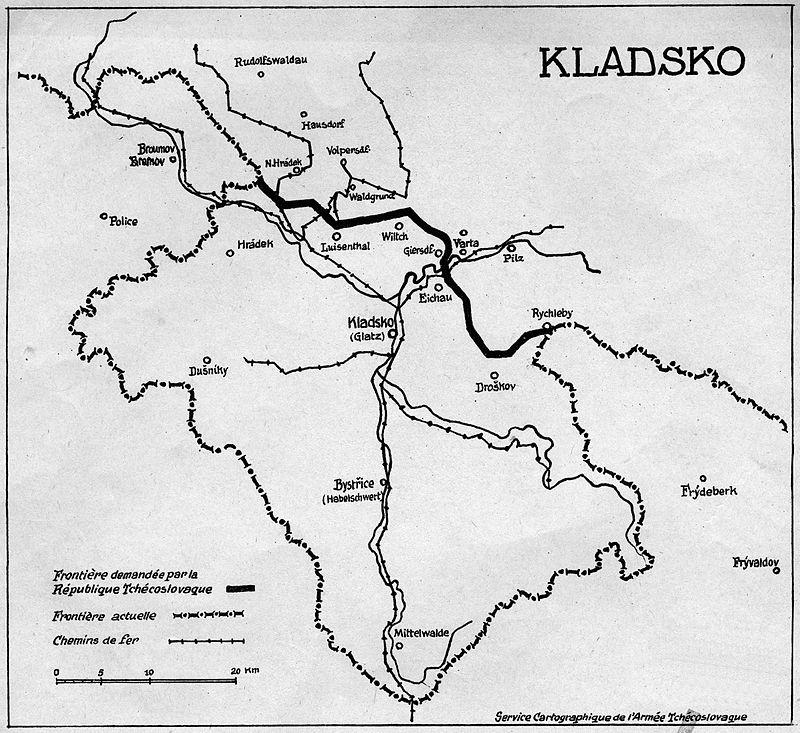View attachment 455137
In December 1939, Jean Monnet of the French Economic Mission in London became the head of the Anglo-French Coordinating Committee, which coordinated joint planning of the two countries' wartime economies. The Frenchman hoped for a postwar United States of Europe and saw an Anglo-French political union as a step toward his goal. He discussed the idea with Neville Chamberlain, Winston Churchill's assistant Desmond Morton, and other British officials.
In June 1940, French Prime Minister Paul Reynaud's government faced imminent defeat in the Battle of France. In March, they and the British had agreed that neither country would seek a separate peace with Nazi Germany. The French cabinet on 15 June voted to ask Germany for the terms of an armistice. Reynaud, who wished to continue the war from North Africa, was forced to submit the proposal to Churchill's War Cabinet. He claimed that he would have to resign if the British were to reject the proposal.
The British opposed a French surrender, and in particular the possible loss of the French Navy to the Germans, and so sought to keep Reynaud in office. On 14 June British diplomat Robert Vansittart and Morton wrote with Monnet and his deputy René Pleven a draft "Franco-British Union" proposal. They hoped that such a union would help Reynaud persuade his cabinet to continue the war from North Africa, but Churchill was sceptical when on 15 June the British War Cabinet discussed the proposal and a similar one from Secretary of State for India Leo Amery. On the morning of 16 June, the War Cabinet agreed to the French armistice request on the condition that the French fleet sail to British harbors. This disappointed Reynaud, who had hoped to use a British rejection to persuade his cabinet to continue to fight.
Reynaud supporter Charles de Gaulle had arrived in London earlier that day, however, and Monnet told him about the proposed union. De Gaulle convinced Churchill that "some dramatic move was essential to give Reynaud the support which he needed to keep his Government in the war". The Frenchman then called Reynaud and told him that the British prime minister proposed a union between their countries, an idea which Reynaud immediately supported. De Gaulle, Monnet, Vansittart, and Pleven quickly agreed to a document proclaiming a joint citizenship, foreign trade, currency, war cabinet, and military command. Churchill withdrew the armistice approval, and at 3 p.m. the War Cabinet met again to consider the union document. Despite the radical nature of the proposal, Churchill and the ministers recognized the need for a dramatic act to encourage the French and reinforce Reynaud's support within his cabinet before it met again at 5pm.
The final Declaration of union approved by the British War Cabinet stated that "France and Great Britain shall no longer be two nations, but one Franco-British Union. The constitution of the Union will provide for joint organs of defence, foreign, financial and economic policies. Every citizen of France will enjoy immediately citizenship of Great Britain, every British subject will become a citizen of France."
What happened to Canada?


